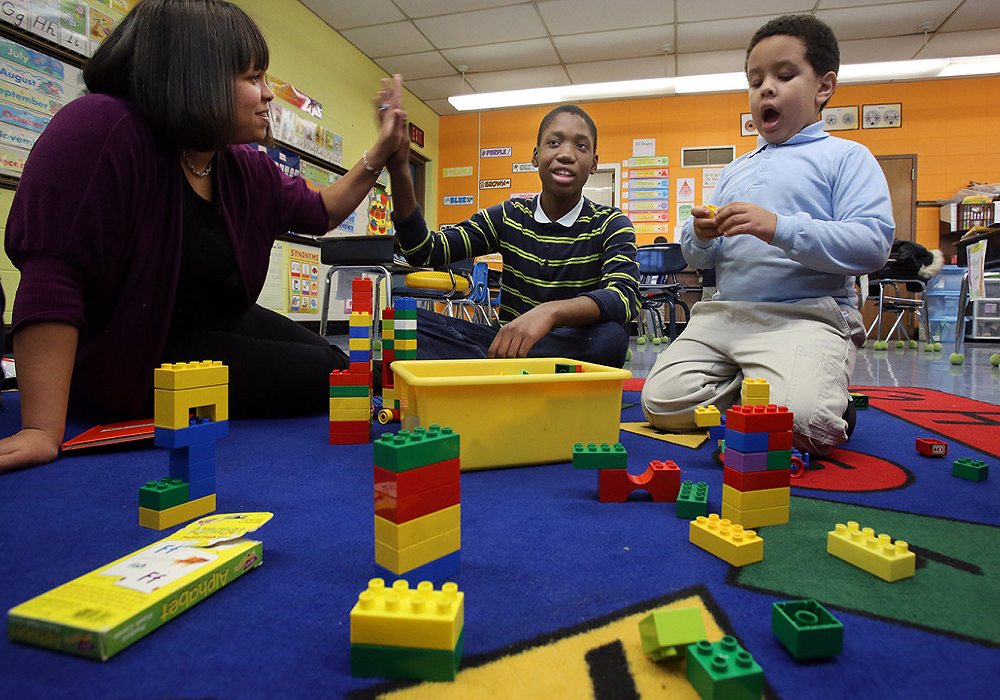
When the final school bell rings, many children head home, but for those with special needs, the end of the academic day doesn’t mean the end of learning and development. After school programs for children with special needs are becoming increasingly recognized as powerful tools to support their growth, inclusion, and happiness. These programs are more than just childcare—they are safe, engaging environments that foster social, emotional, and cognitive skills.
Why After-School Programs Matter
Children with special needs often benefit from additional support beyond the traditional classroom setting. After-school programs offer structured yet flexible environments where they can explore interests, build friendships, and reinforce daily living skills. Importantly, these programs help bridge the gap between home and school, creating consistency and continuity in a child’s routine.
Some of the key benefits include:
-
Social Interaction: Opportunities to practice communication and collaboration with peers in a supportive setting.
-
Skill Building: Activities that strengthen motor, cognitive, and behavioral skills through play and creative expression.
-
Confidence Boosting: Achieving small goals in a low-pressure environment boosts self-esteem and motivation.
-
Respite for Families: These programs also provide crucial support for parents and caregivers who may need time to rest or focus on other responsibilities.
What Makes a Program Effective?
Not all after-school programs are created equal, especially when it comes to meeting the unique needs of children with disabilities. Effective programs typically share several characteristics:
-
Qualified Staff: Trained professionals who understand various disabilities and know how to adapt activities accordingly.
-
Individualized Support: Programs that can tailor their approach to each child’s strengths and challenges.
-
Inclusive Environment: Opportunities for children with and without disabilities to learn and play together, promoting understanding and friendship.
-
Accessible Facilities: Physical spaces designed to accommodate mobility, sensory, and communication needs.
Examples of Popular Activities
After-school programs often include a mix of structured and unstructured activities such as:
-
Art and Music Therapy
-
Adaptive Sports and Physical Play
-
STEM Workshops with Modified Instructions
-
Social Skills Groups
-
Mindfulness and Relaxation Exercises
-
Homework Support with Educational Aides
Each activity is chosen not just for enjoyment, but for its therapeutic and developmental value.
Finding the Right Fit
Parents seeking after-school care for a child with special needs should consider visiting potential programs to observe interactions, ask about staff training, and ensure the environment feels welcoming and safe. It’s also helpful to speak with other families and read reviews.
Key questions to ask:
-
What is the staff-to-child ratio?
-
How are activities adapted to individual needs?
-
Is there a behavior support plan in place?
-
How is communication with families handled?
The Big Picture
After-school programs for children with special needs play a vital role in shaping well-rounded, confident individuals. They offer a supportive space where children can shine in their own way, learn life skills, and build meaningful relationships. With the right program, what happens after school can be just as impactful as what happens during it.
Conclusion
For children with special needs, after-school programs aren’t just an add-on—they’re an essential part of their developmental journey. As awareness and availability continue to grow, more families can access the benefits of these enriching experiences. In a world where every child deserves a place to thrive, after-school programs help make that vision a reality—one joyful afternoon at a time.